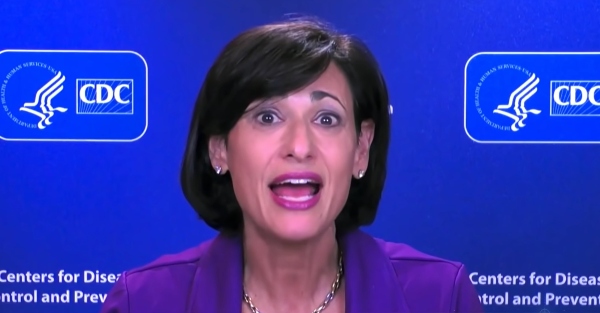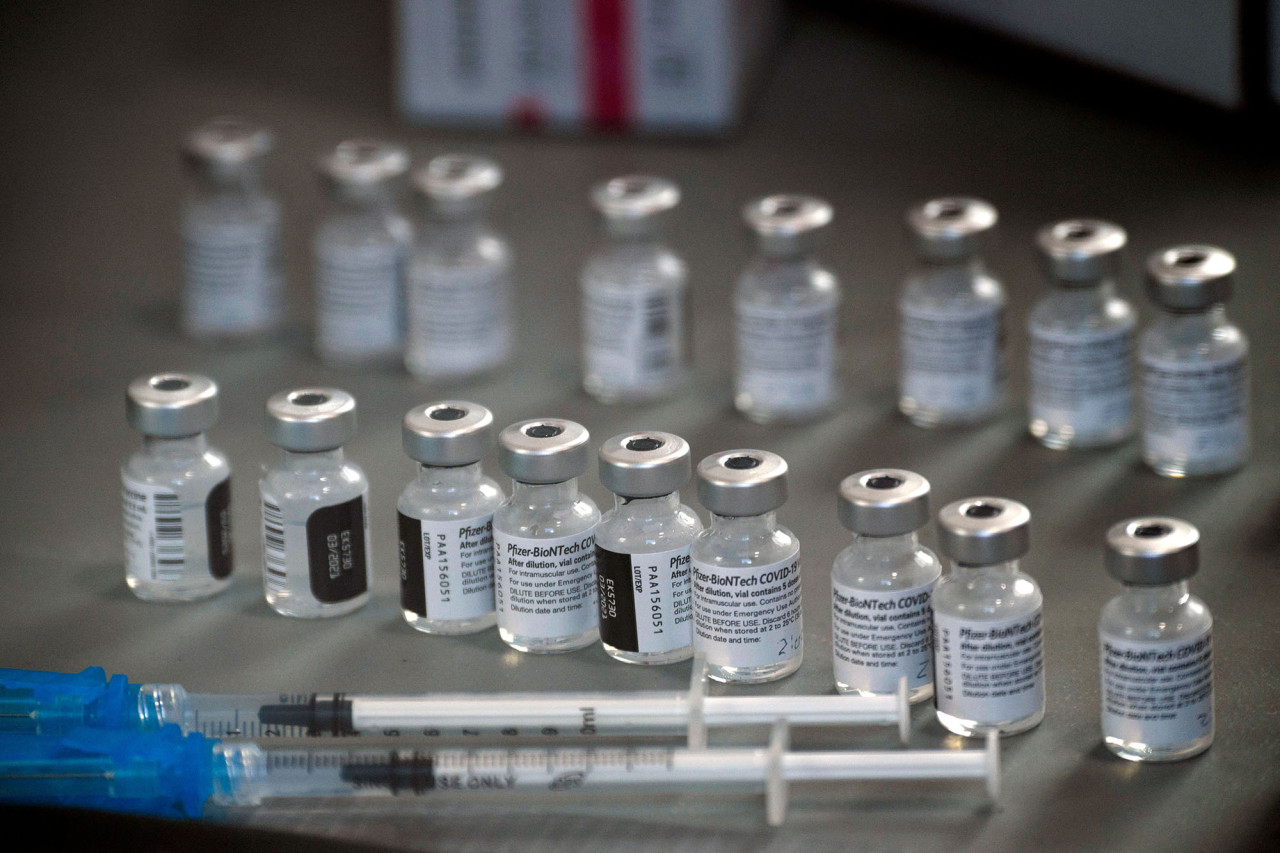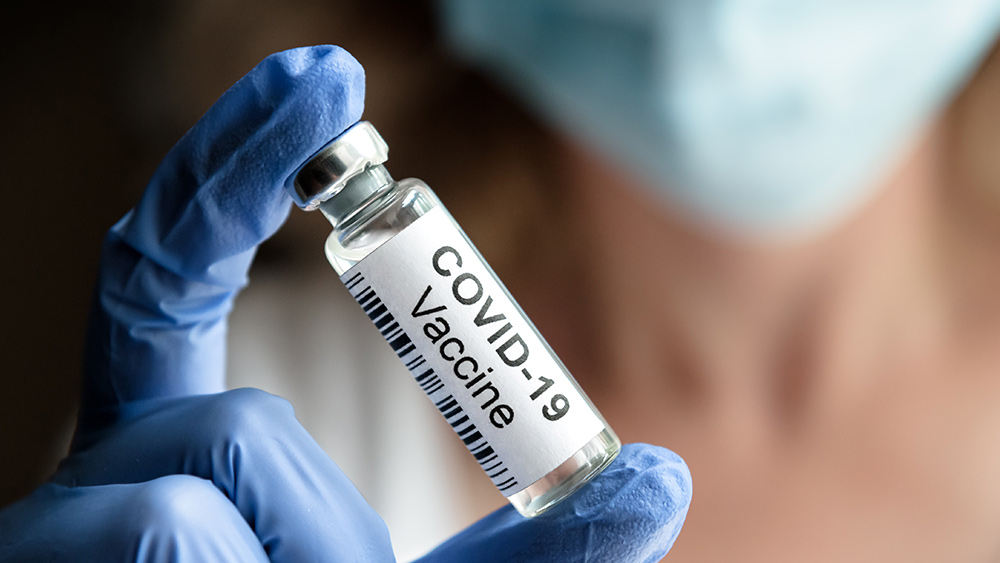Big Pharma marketing activities influence prescriptions of 98% of doctors in India
02/16/2022 / By Arsenio Toledo

A study from India has found that nearly 98 percent of doctors in the country have been influenced by promotional activities from Big Pharma companies. This means that the prescriptions they have given to their patients were influenced by Big Pharma marketing.
The study was done by the faculty of management at Gujarat Technological University (GTU). It was conducted over the course of three years and involved 1,100 licensed physicians in the western Indian state of Gujarat. The doctors interviewed included 250 dentists, 240 general practitioners, 180 pediatricians and 150 gynecologists.
A vast majority of these doctors admitted that three major Big Pharma-influenced factors affected their decision to write certain prescriptions to their patients: a medical representative’s knowledge of the products they are selling; a Big Pharma company reaching out with a sponsorship arrangement; and customer relationship management. (Related: Record number of U.S. adults now dependent on Big Pharma prescriptions, and the most popular one causes brain damage.)
Big Pharma regularly pays off doctors to write prescriptions for their drugs
According to researcher Krunal Vishavadia of GTU’s School of Management, 98 percent of physicians in the study acknowledged that good customer relationship management on the part of Big Pharma companies affected their prescription habits. Eighty-eight percent agreed that medical representatives attempting to get doctors to prescribe their drugs should have very detailed knowledge about the products they are trying to sell.
With regard to sponsorships by drug companies, not a single doctor interviewed by the researchers was willing to comment. But Vishavadia pointed out that Big Pharma companies usually provide high-value gifts, such as medical products and fully paid trips to international conferences.
Being gifted subscriptions to expensive medical journals and continuous medical education initiatives also influenced their decision to prescribe certain medications.
Seventy-five percent of the interviewed doctors agreed that the amount of free samples provided by medical representatives also influenced their prescription habits. Around 23 percent of doctors were unsure if the amount of samples influenced their behaviors.
Other factors that influence a doctor’s prescription behavior include the corporate image of the Big Pharma company, corporate social activities, digital marketing and the manner and dress of the medical representatives. “A medical representative with good personal attire impacts a better company’s image in a doctor’s mind,” wrote Vishavadia.
Targeted digital marketing helps doctors become aware of certain Big Pharma drug brands. Companies with great corporate images have a higher chance of getting more prescriptions from doctors. Those whose images aren’t so great can conduct corporate social activities, which “improves the corporate image in the doctor’s mind.”
Of all the doctors in India, general practitioners write 39 percent of all prescription medications. Dentists come in second with 11 percent, followed by consultant physicians with eight percent. By the number of prescriptions written each month, pediatricians topped the list with an average of 788 prescriptions written each month, or around 26 per day.
Vishavadia pointed out that the Indian pharmaceutical drug market is massive. It is estimated that the domestic pharmaceutical market was worth around $42 billion in 2021, and likely to more than triple to around $130 billion by 2030.
With a market that big, it’s no wonder Big Pharma companies are going all out to try and influence Indian doctors into prescribing their products.
More related stories:
Health Ranger predicts Big Pharma to suffer same fate as Big Tobacco.
Big Pharma is about to be sued out of existence.
Billion-dollar reasons why Americans can’t trust Pfizer, Big Pharma.
Big money for Big Pharma: World Bank to inject more money into Big Pharma’s accounts.
Listen to this clip of Dr. Peter Navarro talking to Dr. Robert Malone about how Big Pharma kills people.
This video can be found in the Son of the Republic channel on Brighteon.com.
Sources include:
Submit a correction >>
Tagged Under:
bad doctors, Big Pharma, Big Pharma marketing, bribery, corrupt doctors, corruption, deception, India, medical representatives, pharmaceutical fraud, Prescription drugs, real investigations, traitors
This article may contain statements that reflect the opinion of the author
RECENT NEWS & ARTICLES
PharmaceuticalFraud.com is a fact-based public education website published by Pharmaceutical Fraud Features, LLC.
All content copyright © 2018 by Pharmaceutical Fraud Features, LLC.
Contact Us with Tips or Corrections
All trademarks, registered trademarks and servicemarks mentioned on this site are the property of their respective owners.





















